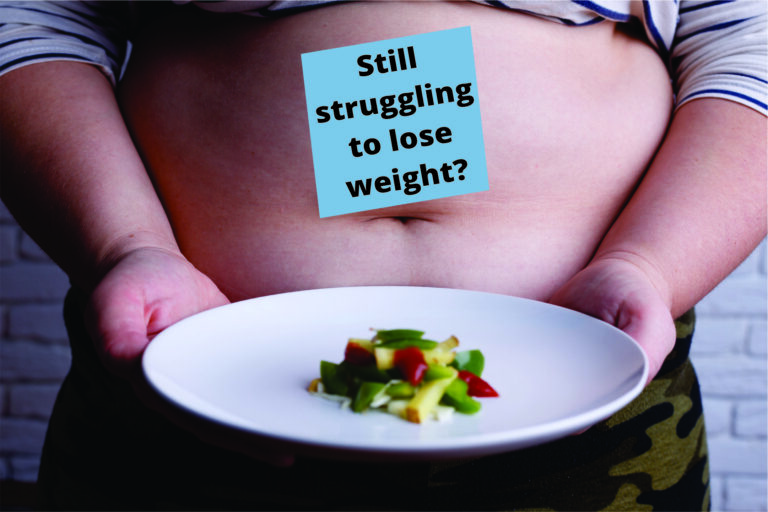So many people today want to lose weight. Many know they’re not eating the right things, and don’t want anyone telling them what to eat. Others eat a “clean” diet – a diet that omits processed, sugar-laden, bad fat foods, yet don’t lose weight. Many over-eat, but many don’t eat enough to keep a bird alive, yet continue to gain weight or just can’t lose it. If eating were the only issue with weight gain, I would guess we’d have half the obesity rate we have today. But there is much more to it. One obstacle is hormonal imbalance.
There are many hormones involved in weight gain, but only about 5 are really discussed. They include insulin (blood sugar imbalances), low thyroid hormones, estrogen in women, testosterone in men and cortisol. However, there are more hormones than that involved.
Each of these hormones are also associated with other hormones, meaning, for instance, estrogen imbalance combined with another hormonal imbalance is what becomes more problematic. Insulin resistance is frequently associated with leptin resistance.
Leptin is the “satiation hormone” that is made in fat cells and tells the brain how much energy in the form of fat is stored. When there are adequate energy stores, leptin tells the brain you are satisfied and can stop eating now. The problem is that once someone has been obese for a while, they become leptin resistant. Now the brain needs more leptin than it did when the person was thin. Without it, the brain goes into starvation mode and screams at the person to eat. The result? Losing weight becomes almost impossible. Fortunately, there are ways to reduce both insulin and leptin resistance.
Stress, sugar and inflammation probably have the 3 most serious effects on hormonal balance. They raise cortisol, insulin and leptin levels. Lack of sleep also effects hormonal balance.
When we talk of hormones, we are not just talking about sex hormones – estrogen, testosterone, androgens, etc. We have hormones that regulate mood (which can dictate “emotional eating”), we have hormones that control inflammation (cortisol, which converts to cortisone, but also tells the body to store more fat), hormones that control sleep (needed for weight loss to occur), hormones that control blood sugar (a huge factor in weight gain), hormones that control energy (you need energy to exercise and energy to be motivated to exercise) and hormones that control other hormones. Your hormones are a complex set of feedback loops that are forever changing with each new anything – sleep, activity, stress, upset, injury or inflammation, food, etc. Losing weight is difficult in the wake of imbalanced hormones, and to micro-manage your hormones sets the stage for frustration beyond belief.
The good news is that there is much that can be done to resolve hormonal imbalances, as well as the other factors that make losing weight difficult. If you need help, consult a natural healthcare practitioner skilled at putting together the pieces of your weight puzzle.
©2018 Holly A. Carling, O.M.D., L.Ac., Ph.D.







